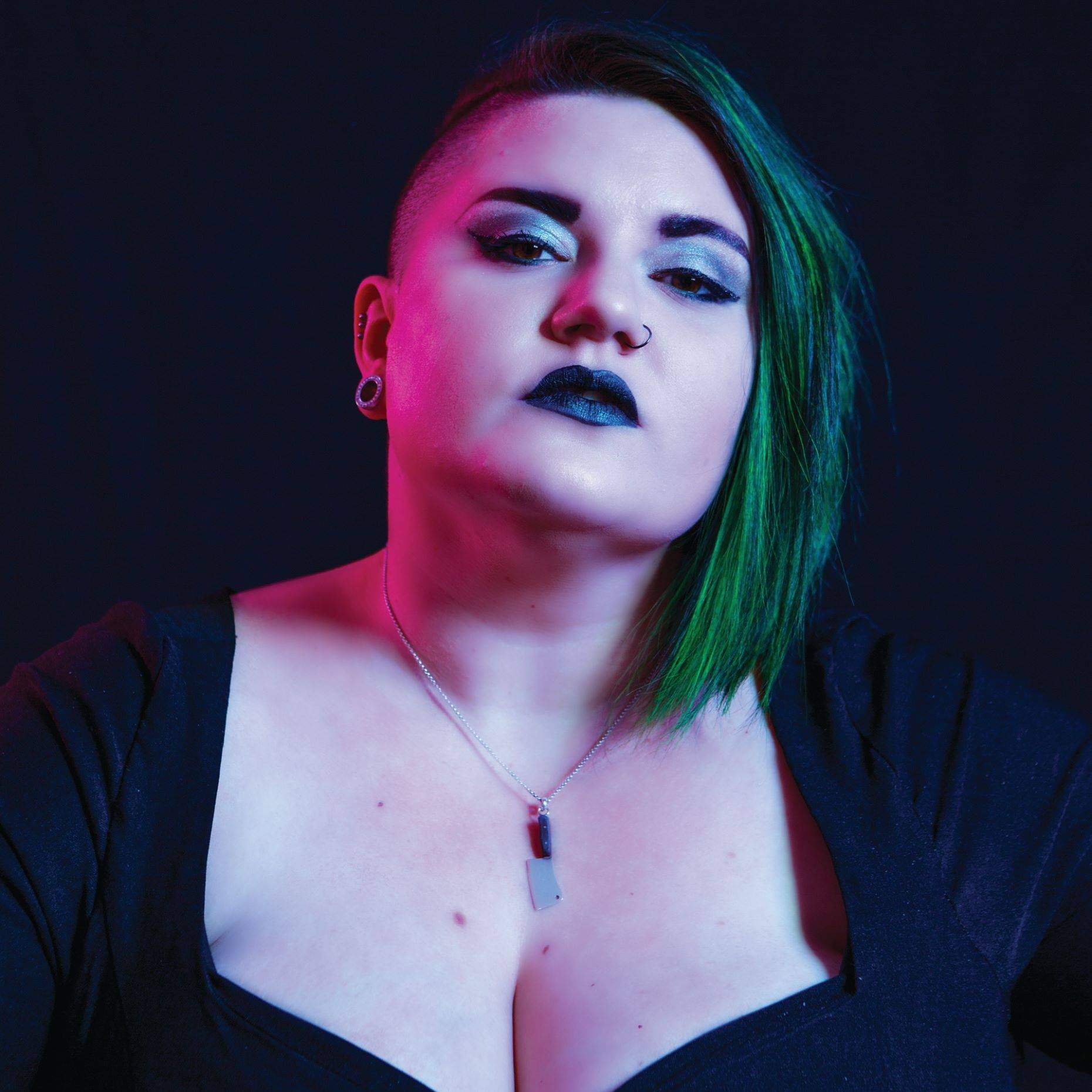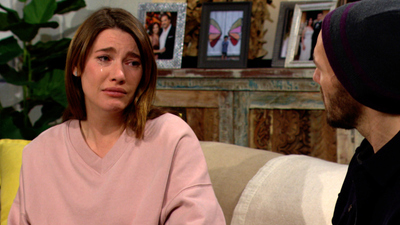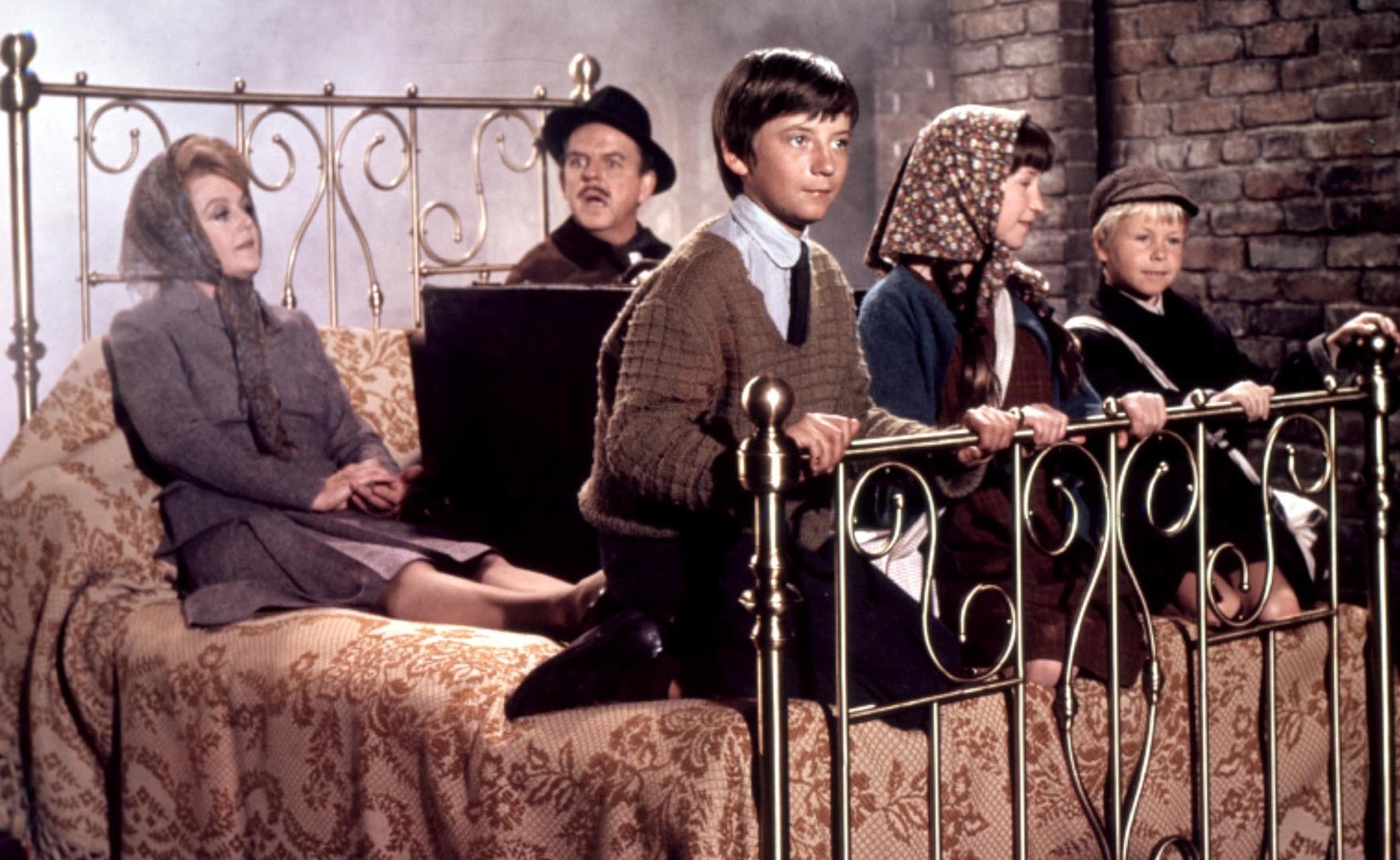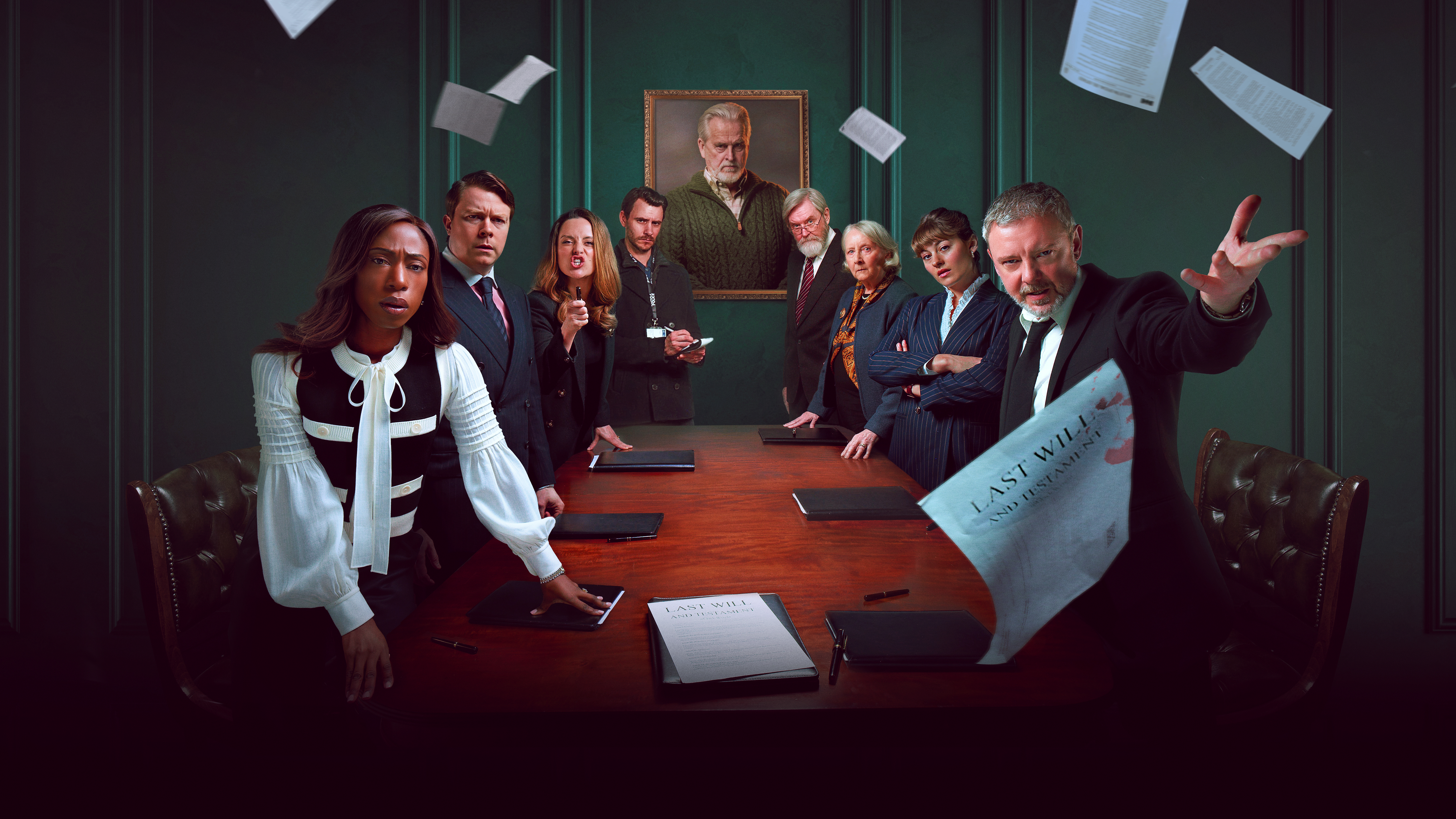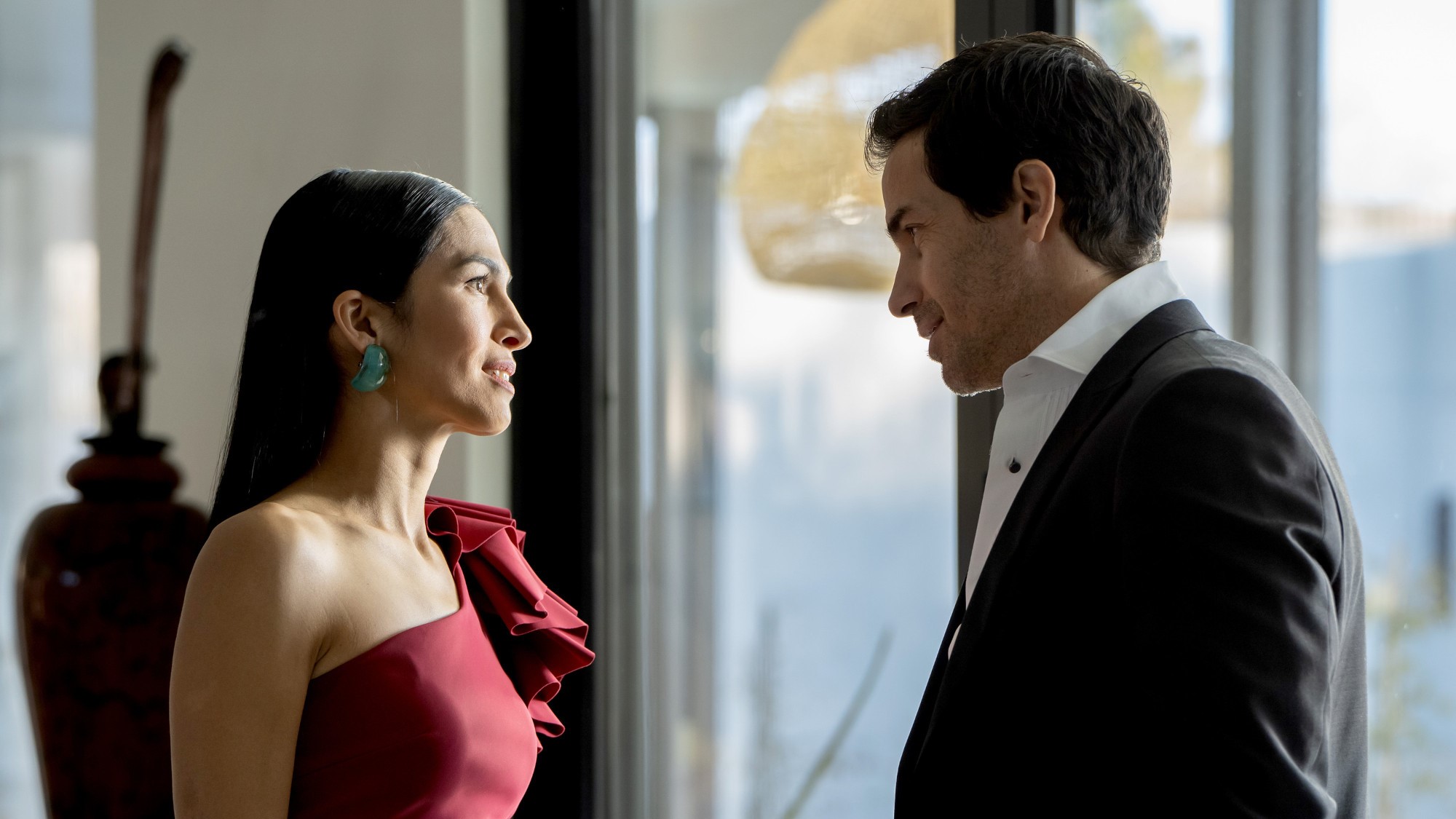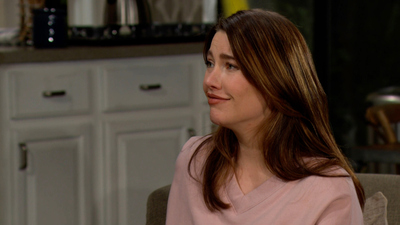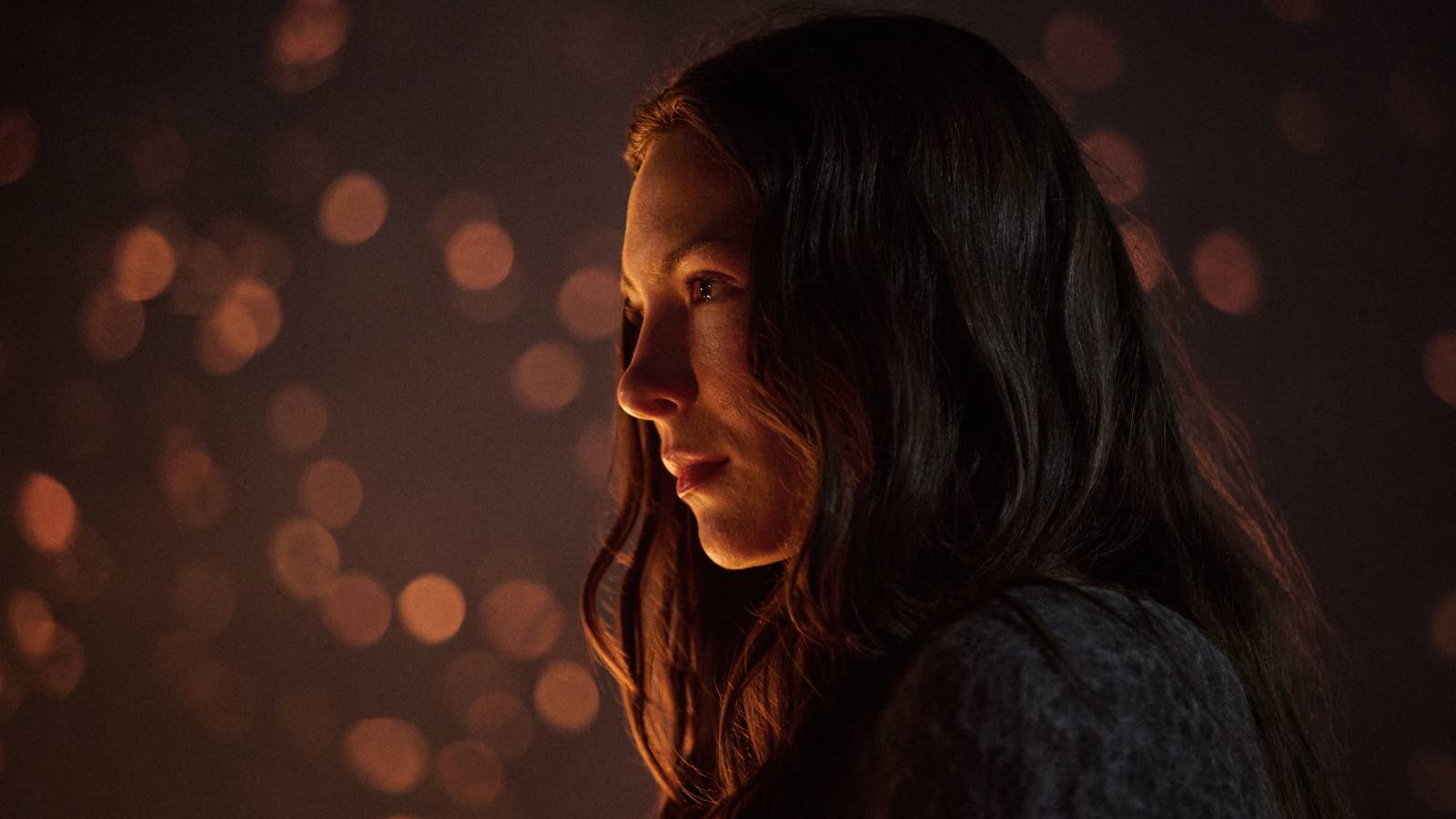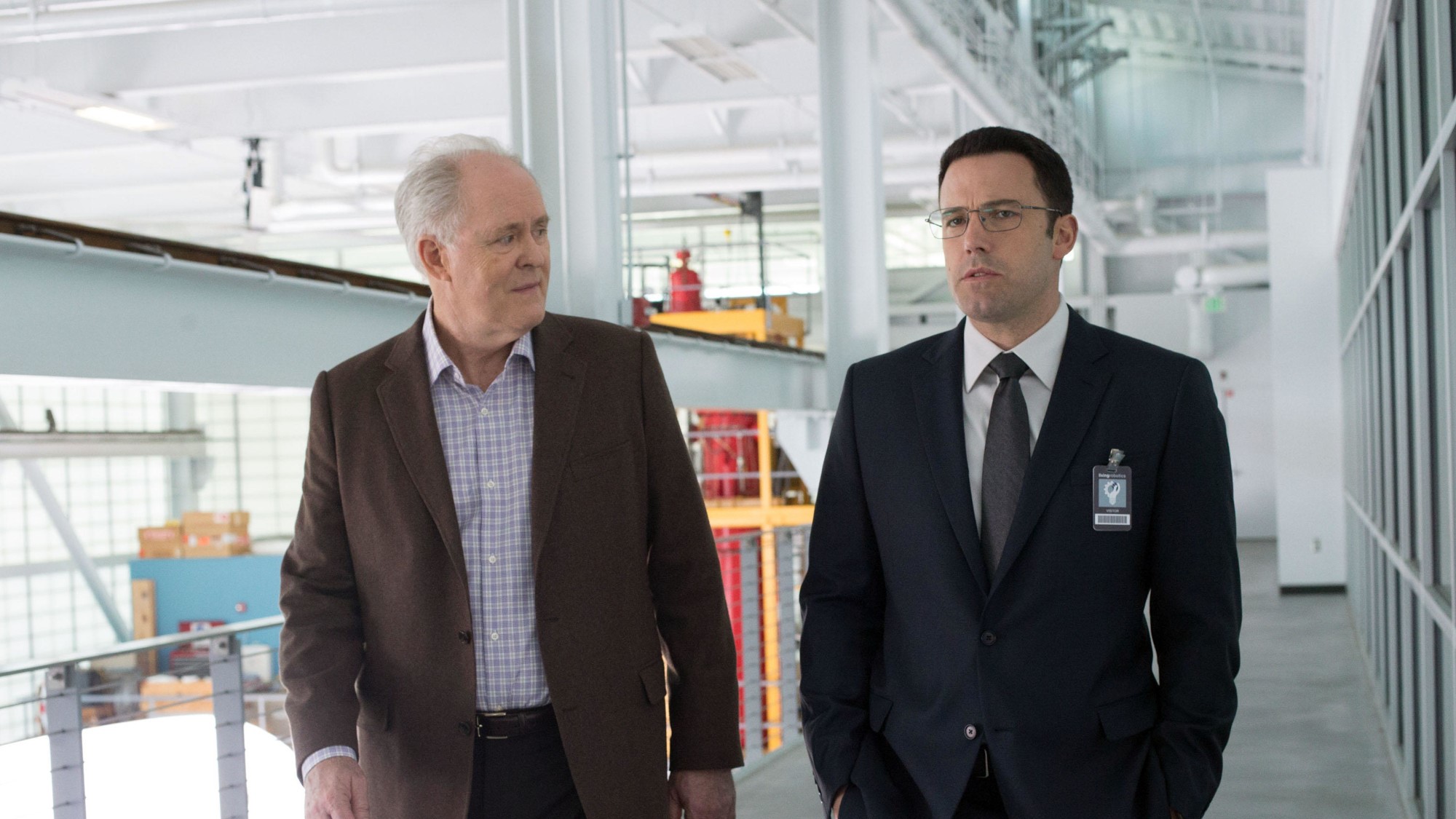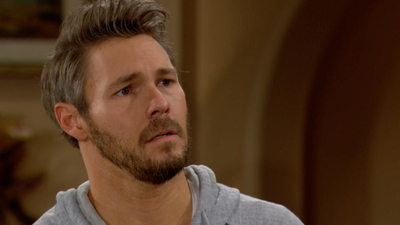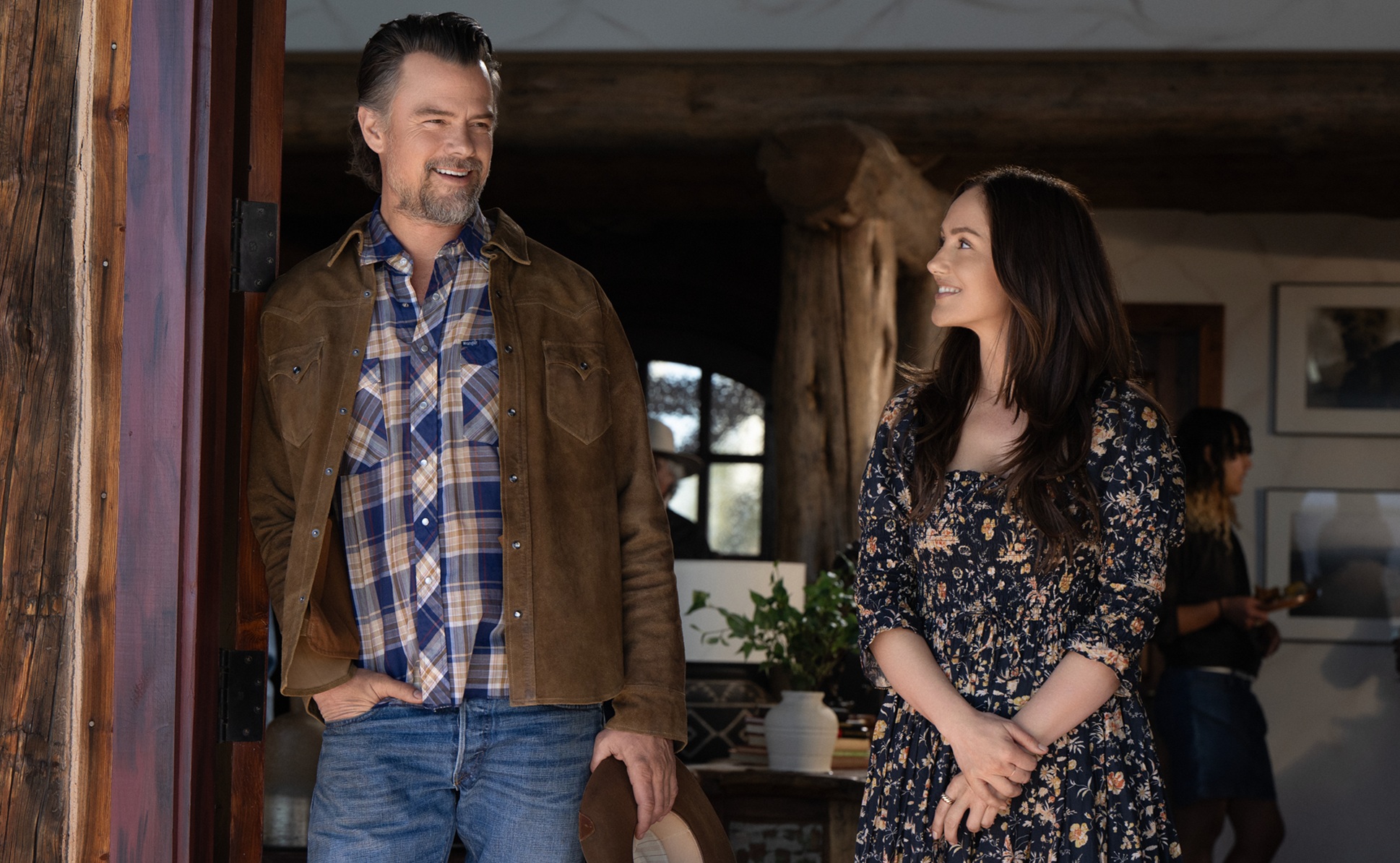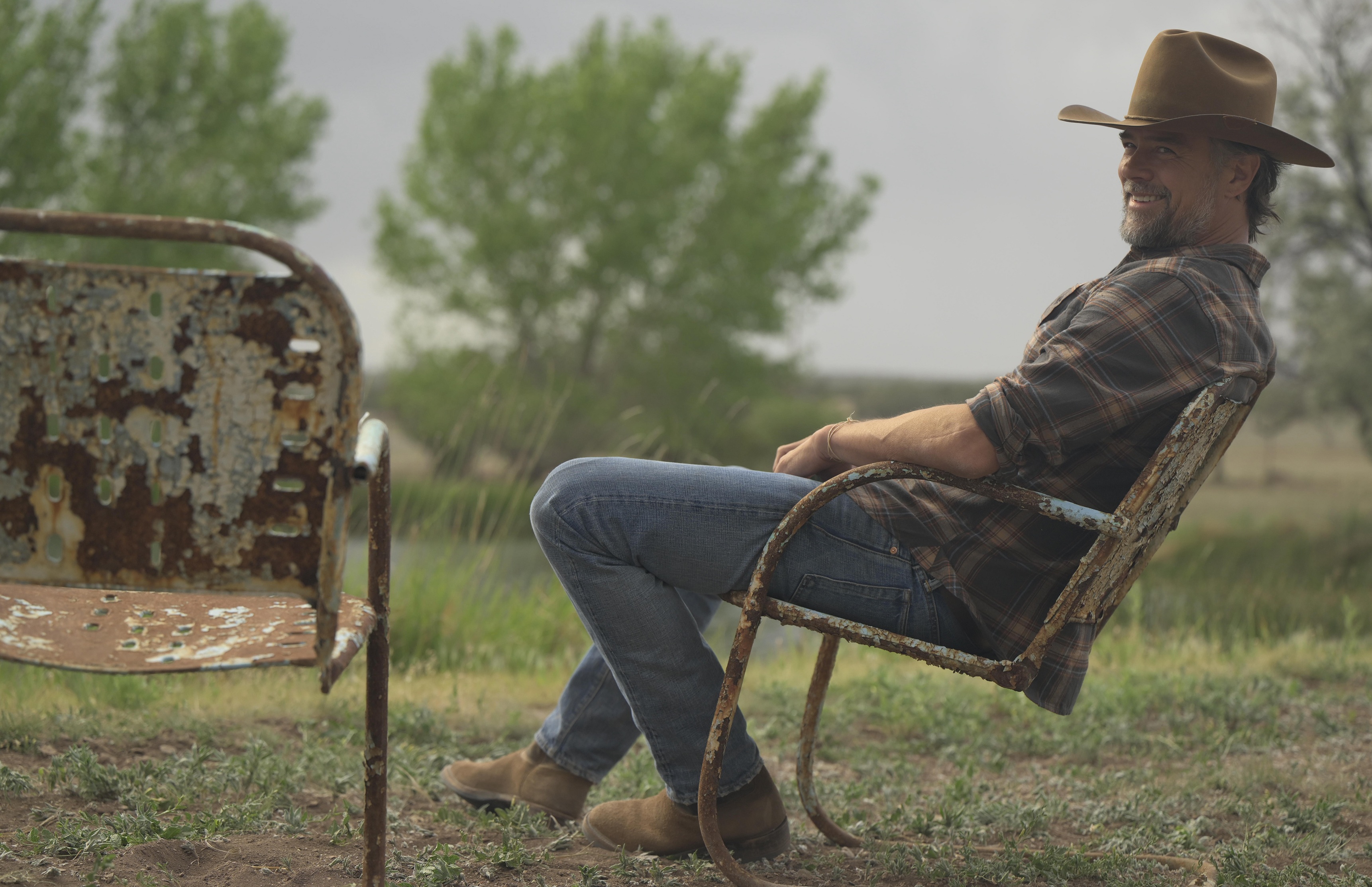Appreciating community elders in ‘Euphoria’s’ holiday special
The stripped down episode hits like a therapy session, but reminds us why we need to appreciate those who came before us.
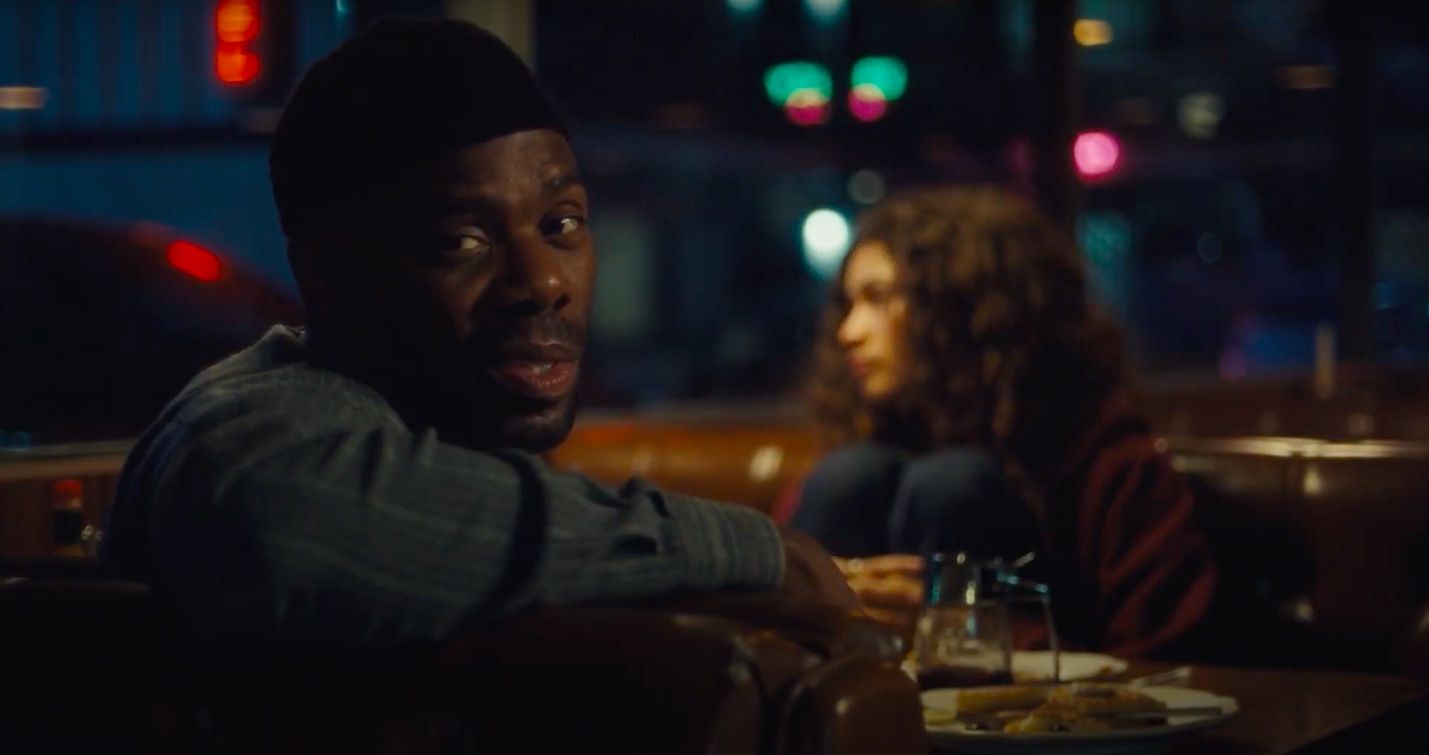
This post contains spoilers for Euphoria.
Sam Levinson’s Euphoria is notorious for its sensory overloading style. Bright colors, flashing lights, and ethereal speeds transform audiences into a fantastical space--reveling in the surreal. “Part One: Rue-Trouble Don’t Last Always” follows closely after the events of Season 1, with a relapsed Rue still convinced she knows everything with the type of confidence only possessed by teenage girls, and Ali, her admittedly flawed sponsor filled with a lifetime of wisdom. The look of Euphoria is known for representing the emotional kaleidoscope of the world, so the decision for the holiday special “Trouble Don’t Last Always,” to exist as a dialogue between two characters at a table in a diner on Christmas Eve was an adventurous choice for this show--but necessary.
Everything you’ve heard about this episode is true. Yes, Zendaya more than proves why she is the youngest person to ever win the Emmy for Outstanding Lead Actress in a Drama Series. Yes, Colman Domingo proves that he is, as he always has been, one of the most remarkable performers currently working. Yes, the episode feels like free therapy, and yes, this episode is a masterclass in two person scene work. But through the tackling of topics like sobriety, grief, family, religion, current events, mental health, suicide, addiction, forgiveness, and redemption--”Part One: Rue” serves as a reminder for why listening to the advice of community elders is invaluable, especially if you’re part of a marginalized group.
Rue has always been an unreliable narrator, not just because she’s someone struggling with addiction, but more so because she’s still a teenager. She’s at a place in her life where she believes she knows more than she does, that she has the foresight to know how she’s going to end up in the future, and that she’s in control. Ali, however, sees right through her in a way that no one else does or can, because he’s been there before. “You're too busy running around trying to bullshit everybody into thinking you're hard and you don't give a fuck, when in reality, you give so much of a fuck you can't even bear to be alive.” His words pierce through the wall of resistance Rue has built around her, because he’s been her.
In the last few years or so, ageism and dismissing the lived experiences of other generations have become commodified. While the “okay, boomer” response is a fun way to dig at ignorant people who refuse to accept change or the evolution of the times (and thereby halt progress), it’s unfortunately led to the outright dismissal of input and information from community elders by younger generations. And that’s not a good thing.
“I’m 54. You’re 17. There is a world of difference between us.”
First things first, calling Colman Domingo an “elder” may sound ridiculous, but the way we as a culture believe someone to be an elder has stopped being about lived experiences and started becoming about actual age. By definition, elders are important because of their symbolic connection to the past, and for their knowledge of traditional ways, teachings, stories and ceremonies.
Get the What to Watch Newsletter
The latest updates, reviews and unmissable series to watch and more!
For someone like Rue, Ali’s presence in her life is absolutely one of an elder in her community. The community of not just Black Americans (because Rue’s friend group is white as hell), but also the community of those with a history of substance abuse and addiction.
Throughout Rue’s history of drug abuse, everyone in her life has tried to help her in whatever way they can. Her mom, while well-meaning, did her best to try and normalize Rue’s addiction and mental health struggles by comparing her to famous artists like Van Gogh. The intentions were good, but this reassurance of Rue still being capable of brilliant regardless of her personal struggles didn’t have much of an impact.
Ali on the other hand, gets it. He gets her. And he somehow usually knows the exact right thing to say, whether Rue wants to hear it or not. On the same coin, he also knows he’s human.
Rue is stubborn as hell, and outside of her sometimes-girlfriend Jules, she doesn’t take into consideration what advice anyone has to give her. Even with Ali, she’s unafraid to push back, including an impassioned call of bullshit on the idea that some people are alive because of some “greater purpose.” Ali knows she’s right, and he’s not afraid to back down and admit it.
“I don’t know all the answers and I won’t pretend to.”
After Jules left Rue at the end of Season 1, she began to spiral. Now, on Christmas Eve, she sits high at a diner table across from her sponsor eating pancakes. Her life feels without purpose, her actions have made her feel unredeemable, and the idea of a future containing Rue Bennett feels impossible. She can’t fathom the possibility of someone “like her” amounting to anything of merit moving forward.
This is why Ali, and having someone like him in Rue’s life is so important.
Ali knows that Rue thinks that he is one of the best people in the world. A Muslim convert with a heart of gold who never seems to give up on her even when everyone else around her wants to, Ali is perhaps the most level-headed person in her world. And yet he is willing to risk destroying that image, an image he so craves as “a crackhead trying to do a little good on this Earth before [he] dies,” if it means he can get through to her.
It is then that Ali confesses that when he was married and on drugs, he abused his wife in front of his daughters. But Ali grew up in a home where his own father did the same to his mother, and he swore to himself he’d never act that way. But on drugs? He did. And there’s no amount of sobriety or years of clean living that can erase that. Our only break from the diner table is once when Ali calls his daughters to wish them a Merry Christmas, a one-sided conversation with a familial celebration he was not invited to attend. Ali knows what it’s like to cause irreparable harm while on drugs, but he also knows that he can still strive to be a good person in spite of it.
“You still think I’m a good person, Rue?”
She does. Because she knows he is. He’s a grown man--a grandfather--who spent his Christmas Eve with a kid he met at a narcotics anonymous meeting. He hears her, even when she’s speaking a language no one else understands. He’s a man who isn’t afraid to tell her like it is, but believes in Rue’s ability to get clean. He believes in her, because she reminds him of himself.
Before the episode ends, Ali calls on the diner’s waitress as she counts her bills at the end of the night. He asks her about her own path to sobriety and how although difficult, overcoming her addiction was the best thing for her life. "When I was a little girl growing up, my grandma used to always have this saying," Miss Marsha says, "and I never understood what it meant until I was ready to get clean. And her words were, 'Baby, trouble don't last always.'" In this moment, Ali is calling on Miss Marsha, a fellow elder, to serve as another guidepoint for Rue.
It’d be remiss not to mention that the story Miss Marsha shares is a true one from actress Marsha Gambles’ life. Euphoria has been praised for the authenticity shown in its storytelling, and Gambles’ words became the title of the episode. Levinson clearly values community elders, and this episode is a shining example of just how much.
Here’s hoping Rue listens to her elders.
BJ Colangelo is an award winning filmmaker and film analyst specializing in dismissed cinema and television. She writes about horror, wrestling, musicals, adult animation, sex and gender, kicking pancreatic cancer’s ass, and being a fat queer in places like Fangoria, Vulture, The Daily Dot, Autostraddle, Playboy.com, and a handful of books college students get assigned to read. She’s also the co-host of the teen girl movie podcast, This Ends at Prom, with her wife, Harmony.
